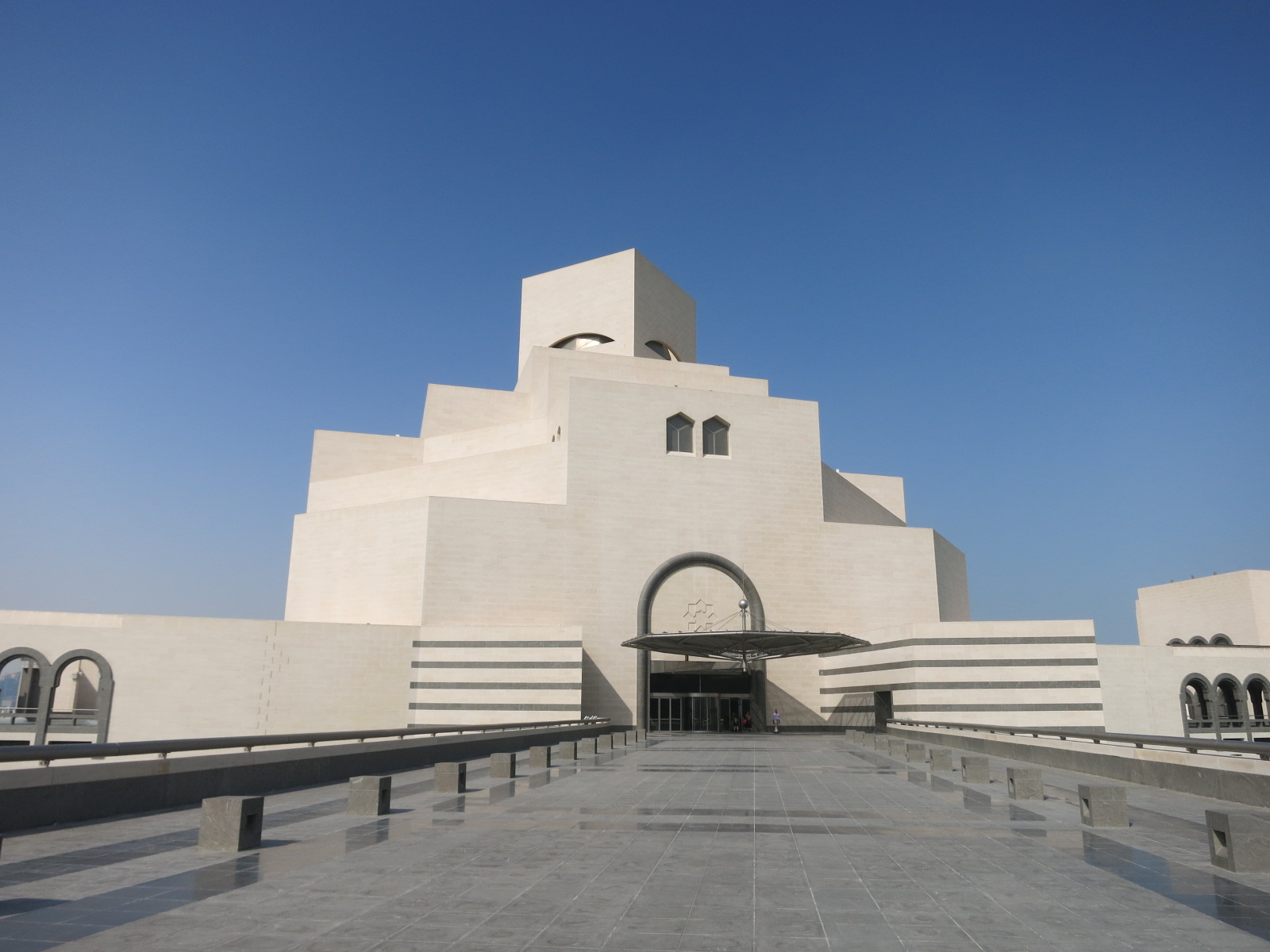The International Court of Justice just ruled that the air blockade of Qatar by Bahrain, Egypt, Saudi Arabia, and the United Arab Emirates (but primarily by the UAE and Saudi Arabia) is illegal, by determining that the U.N.’s International Civil Aviation Organization – which already found it illegal – has jurisdiction.
In June 2017 the four countries cut ties with Qatar. Emirates, Etihad Airways and flydubai stopped flying to Doha. Qatar Airways was banned from flying to these countries. And since Qatar doesn’t control its own airspace they were locked in except for using a narrow corridor of Iranian airspace.
Qatar has argued that its inability to use airspace of these other countries is in direct contravention of treaties, and on the plain language they’re clearly right. Qatar initially appealed to ICAO, but the blockading countries argued that Qatar supported terrorism in violation of international law and these illegal acts relieved the blockading countries from honoring their agreements. The case was removed to the ICJ.
Ironically, since the blockade was supposed to stop Qatar’s support for Iranian terror, the blockade has meant greater use of Iranian airspace meaning:
- Over $100 million a year in additional overflight fees to Iran
- Greater Qatari reliance on Iran
- Exposure of more flights to Iranian airspace as the country shot down a civilian airliner (a Qatar Airways plane had taken off just before the Ukraine International Airlines aircraft that was shot down).

Museum of Islamic Art, Doha
In a 15-1 ruling the ICJ determined that ICAO, which supported Qatar on the merits, has jurisdiction over the case.
It’s not yet clear whether the UAE, Saudi Arabia, Bahrain and Egypt will honor the ruling of the International Court of Justice. But it’s harder for them to publicly maintain that they’re justified in the eyes of the law, which may make it easier for the U.S. to push a settlement which we’ve been so far unable to do. And it seemed like the Saudis might pull out back in the fall, putting ultimate pressure on the UAE to do so as well.
While conflict with Israel gets the most press in the U.S., the primary conflict in the Mideast is between Saudi Arabia (along with Turkey) seeking Sunni influence in the region and working to counter Shia Iran. The conflict in Syria, for instance, is largely a proxy war between Saudi Arabia and Iran. The Saudis have fought Iran-backed rebels in Yemen over the past several years.
While Shia Islam is a minority in Qatar, Qatar’s emir Sheikh Tamim bin Hamad Al Thani has reportedly spoken in support of Iran and Hezbollah though Qatar denies the statements.
Qatar hosts a major US military installation, but has also been accused of supporting terrorism. Saudi Arabia, of course, fits that same description. Tensions between Qatar and other regional powers especially Saudi Arabia are hardly new, and won’t be fully resolved by a court ruling.


keep your political analysis to yourself.. this is supposedly a travel blog so keep it that way
Whichever branch of Islam it is that rejects dogs as pets, we should favor the other branch.
That’s how we decide policy if I’m President
@loungeabuser: It is the “2-Legged Rabid Dogs” like you that are rejected!
Unfortunately, it is not really going to make much difference. The less than free press in the UAE and Saudi won’t mention the verdict in their domestic press because government leaders and their direction is always ‘wise’ and never wrong.